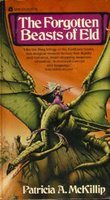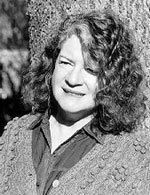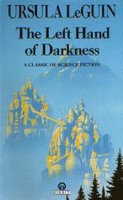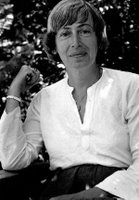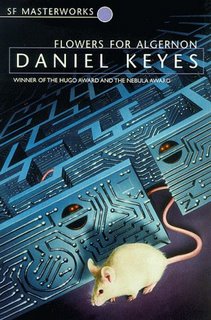 Flowers for Algernon is a heartfelt tale reflecting on the twists and turns of a retard come genius, via a scientific experiment to increase his intelligence. Charlie Gordon works in a bakery as a menial servant, he becomes the butt of mocking jokes from his colleagues, much to his enjoyment as he perceives these people as his friends, he’s happy, and attends a school for retarded adults, where he has managed to learn to read and write. As he is a friendly and amiable human being, his selection as a test subject is made, and he undergoes the same procedure enacted upon a mouse called Algernon.
Flowers for Algernon is a heartfelt tale reflecting on the twists and turns of a retard come genius, via a scientific experiment to increase his intelligence. Charlie Gordon works in a bakery as a menial servant, he becomes the butt of mocking jokes from his colleagues, much to his enjoyment as he perceives these people as his friends, he’s happy, and attends a school for retarded adults, where he has managed to learn to read and write. As he is a friendly and amiable human being, his selection as a test subject is made, and he undergoes the same procedure enacted upon a mouse called Algernon.  It’s easy to get in the story, told as it is, through the viewpoint of Charlie writing his ‘progress reports’. An excellent ‘window’ into the mindset and mechanics of a changing life, this is a flawless novel that really gets the reader involved on a personnel level, the writing is addictive once started, and the many emotional impacts throughout are engrossing, a masterwork in every sense of the word.
It’s easy to get in the story, told as it is, through the viewpoint of Charlie writing his ‘progress reports’. An excellent ‘window’ into the mindset and mechanics of a changing life, this is a flawless novel that really gets the reader involved on a personnel level, the writing is addictive once started, and the many emotional impacts throughout are engrossing, a masterwork in every sense of the word.
